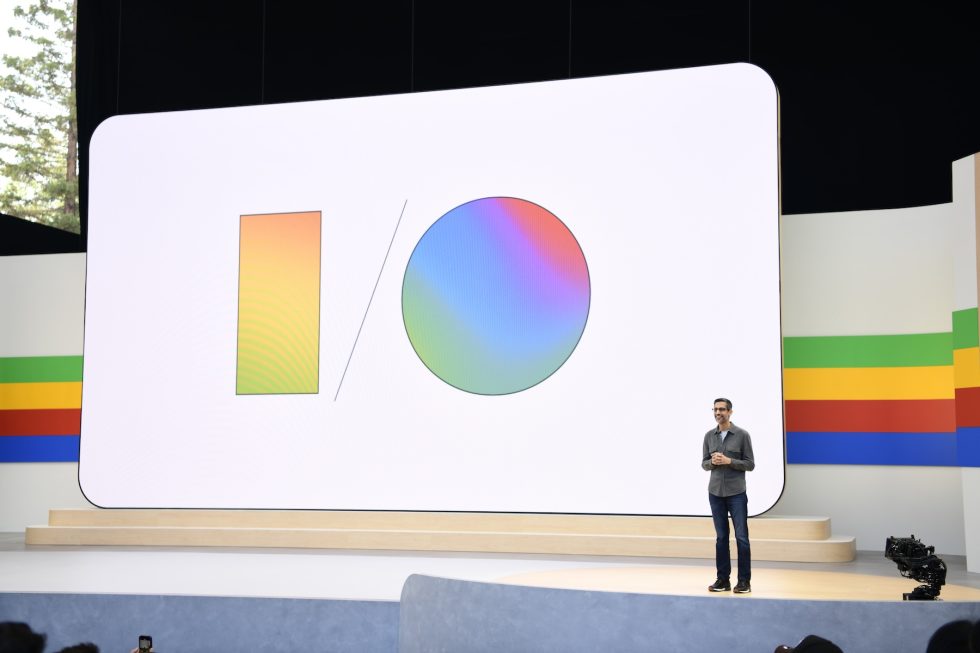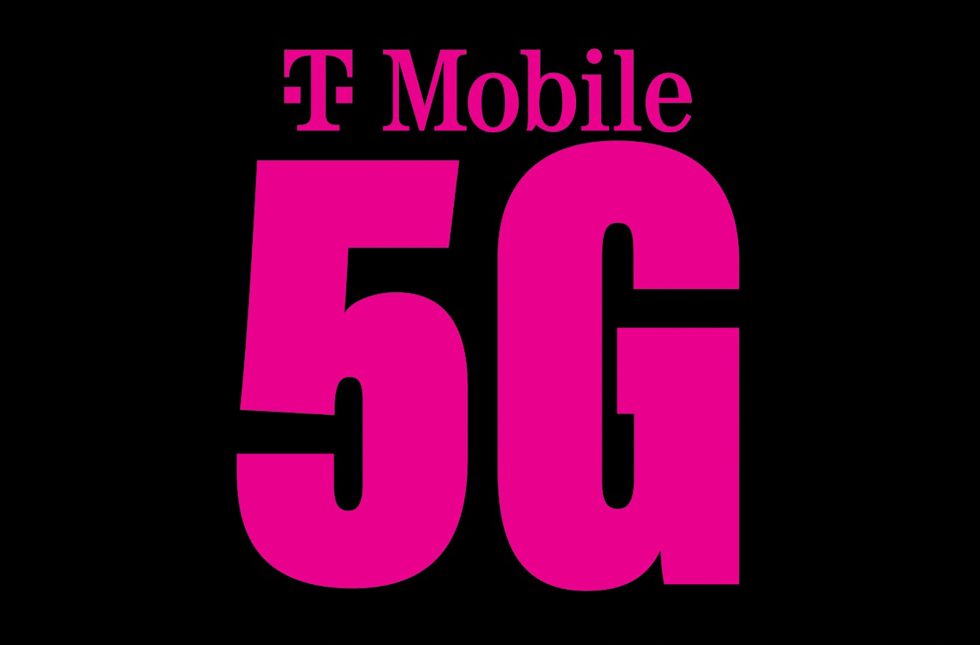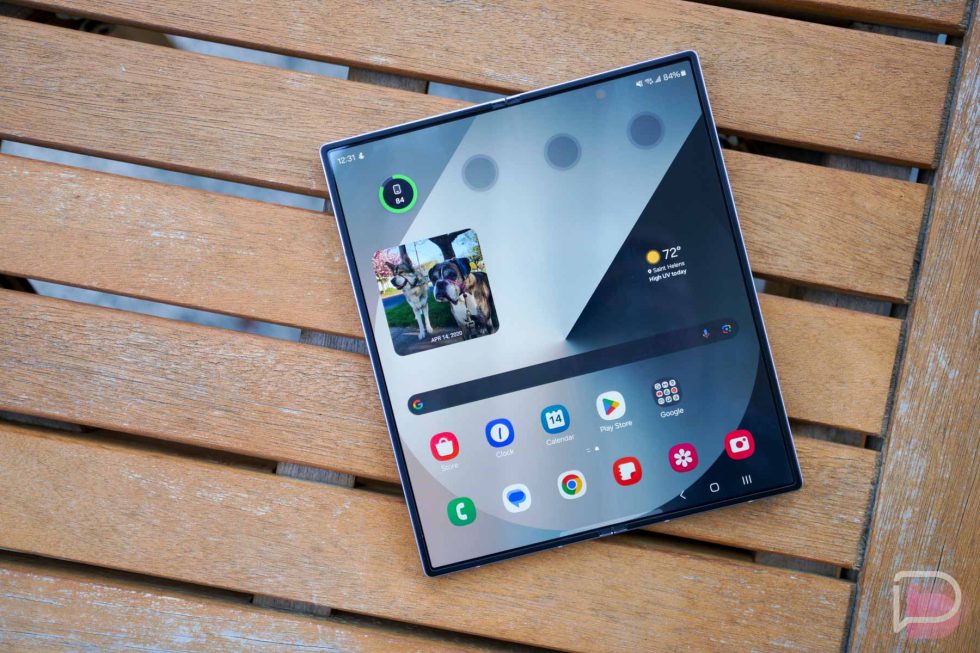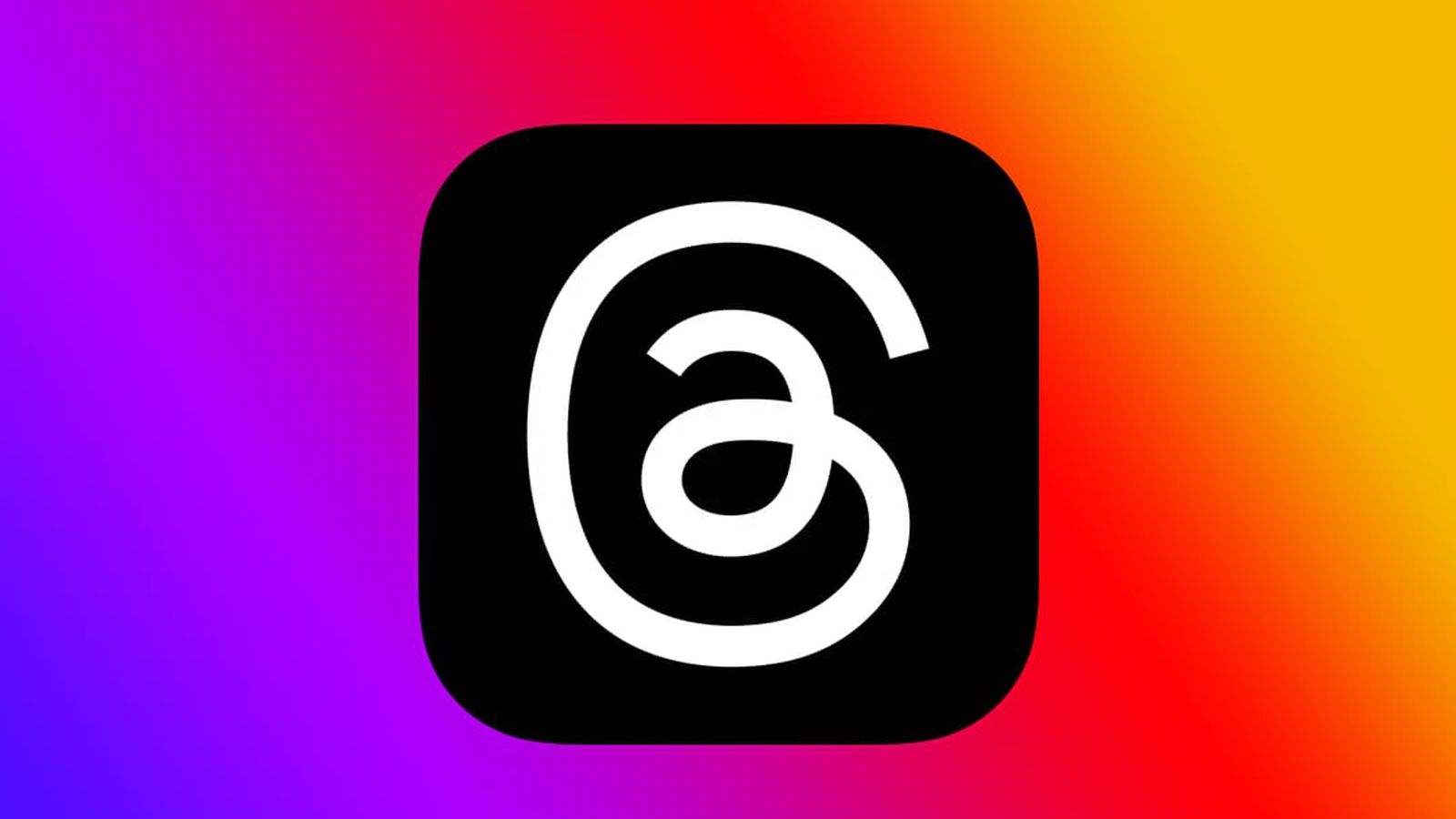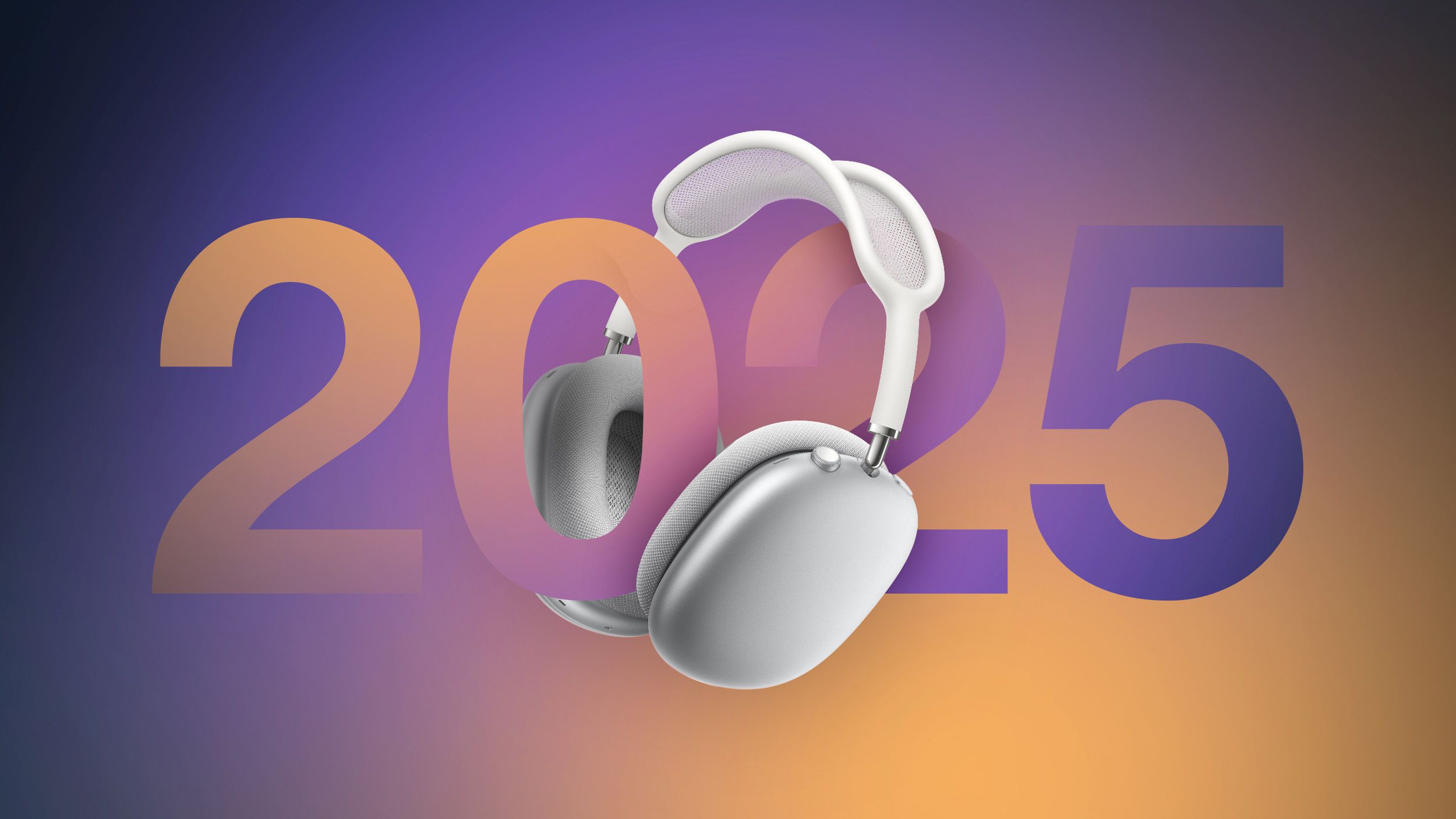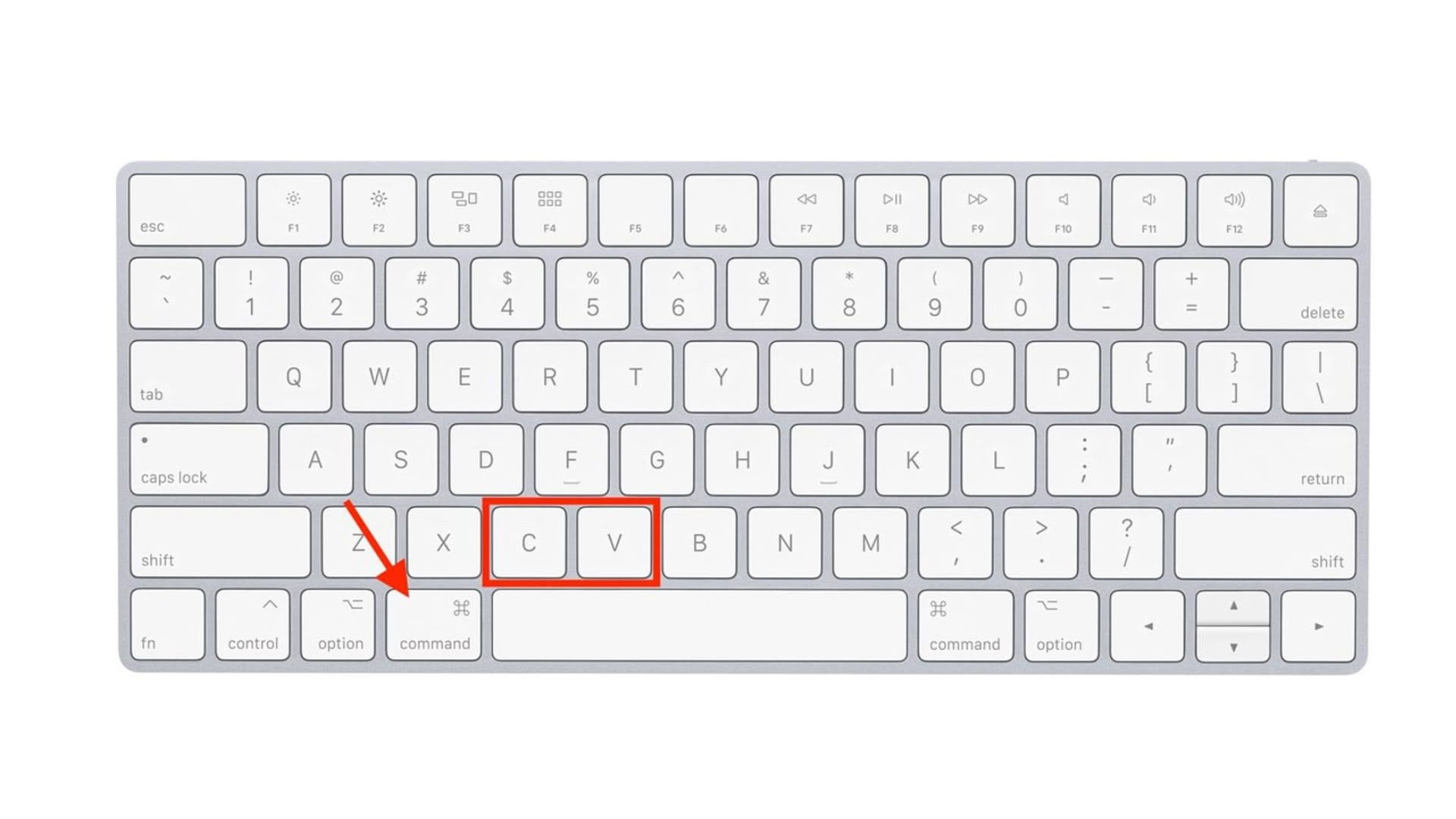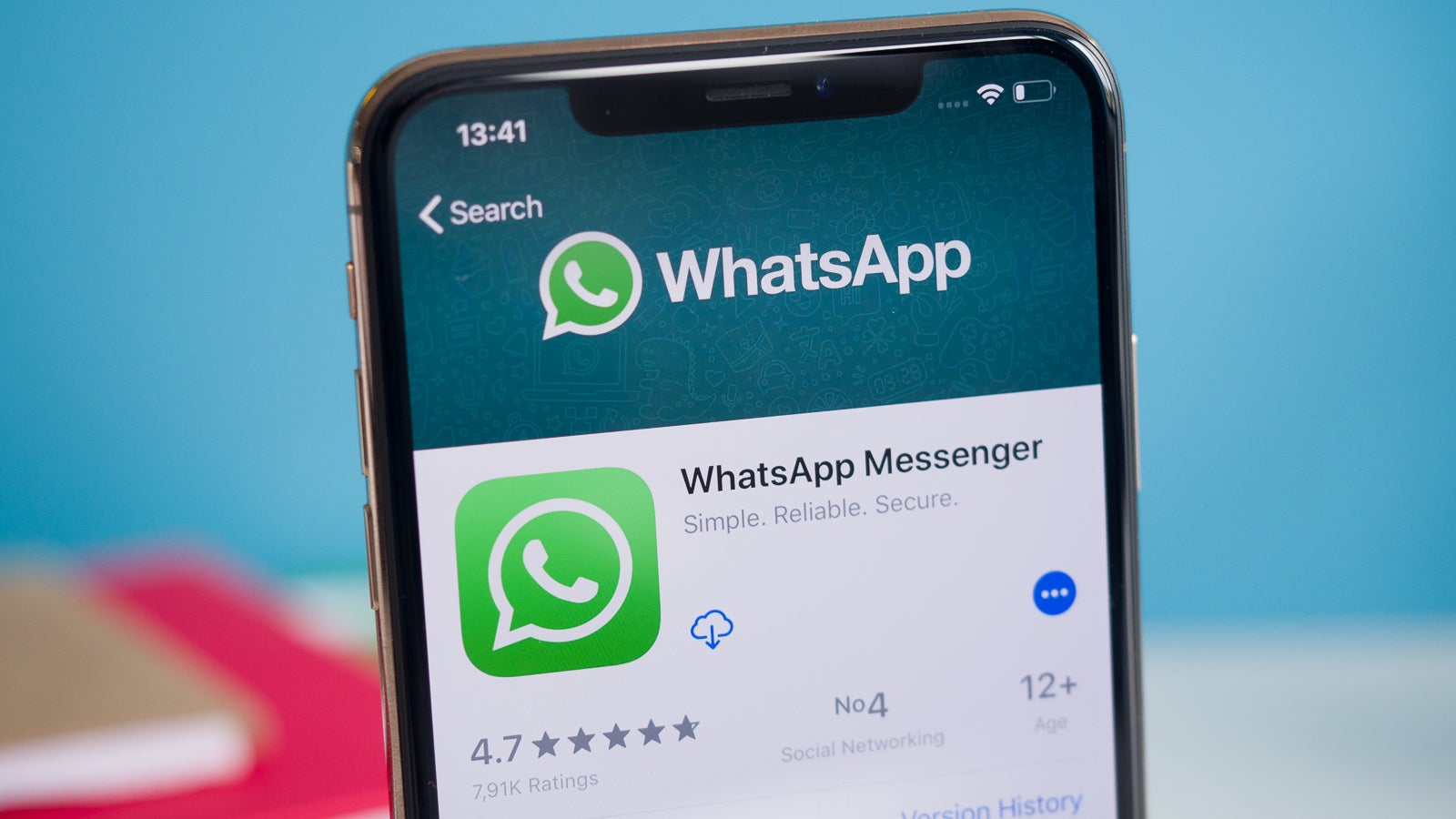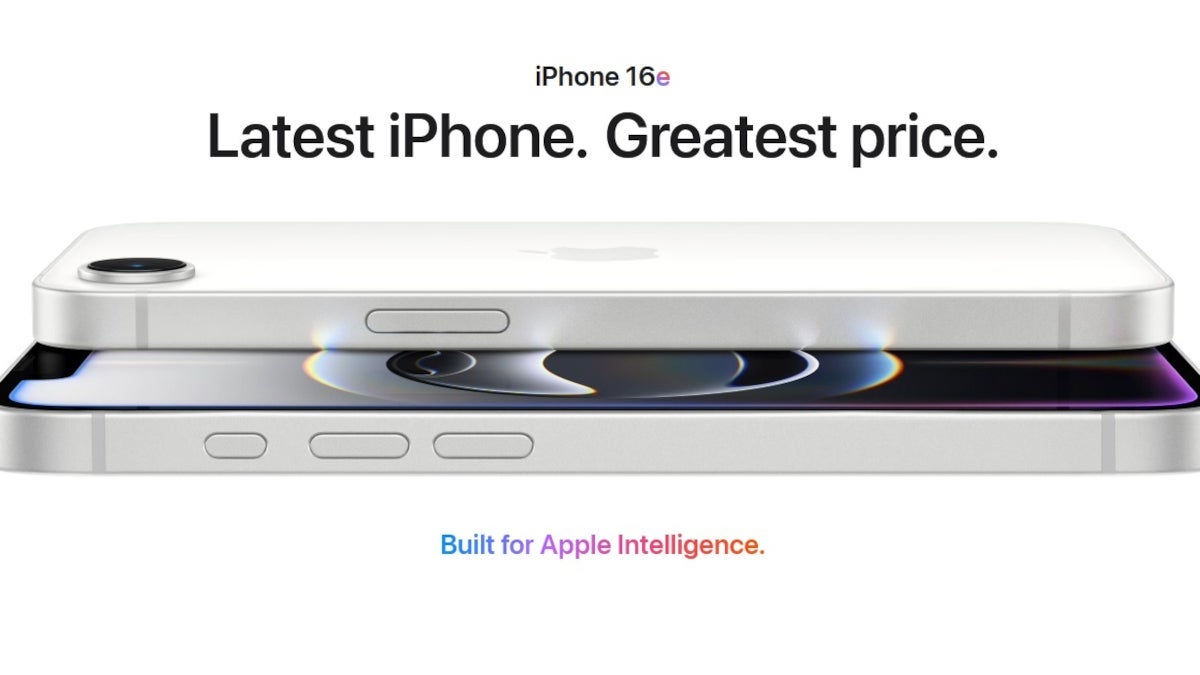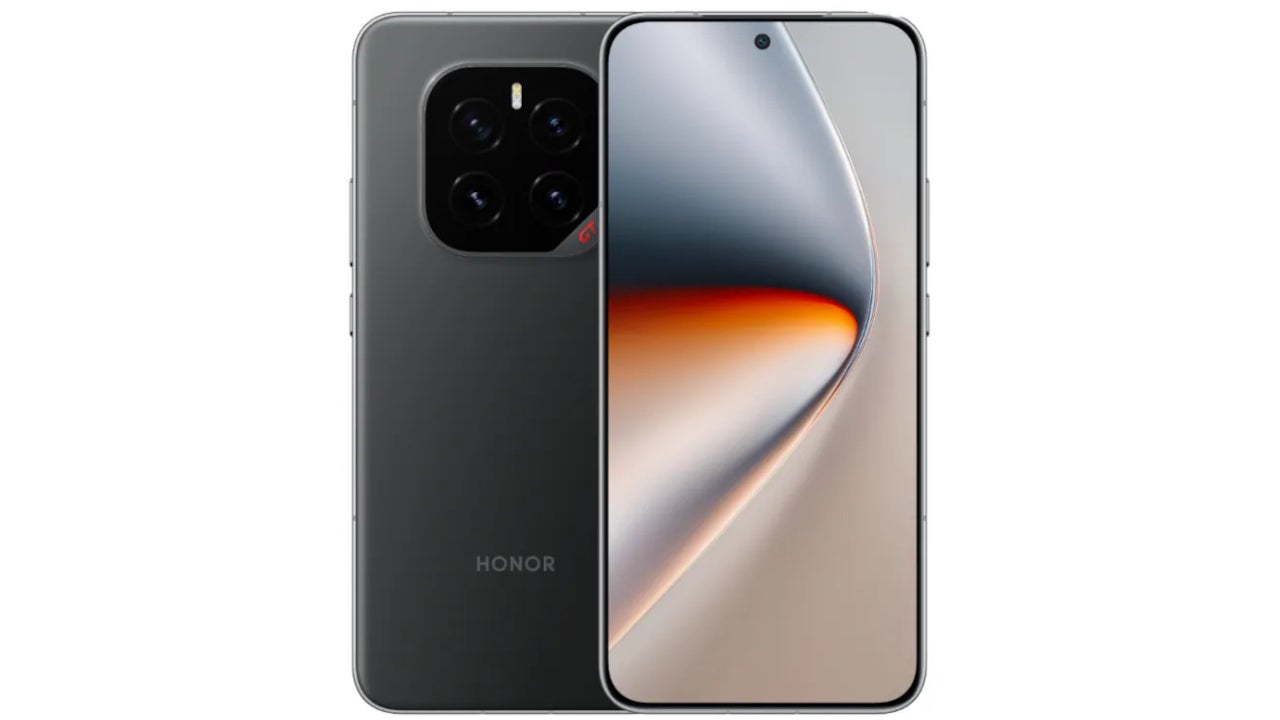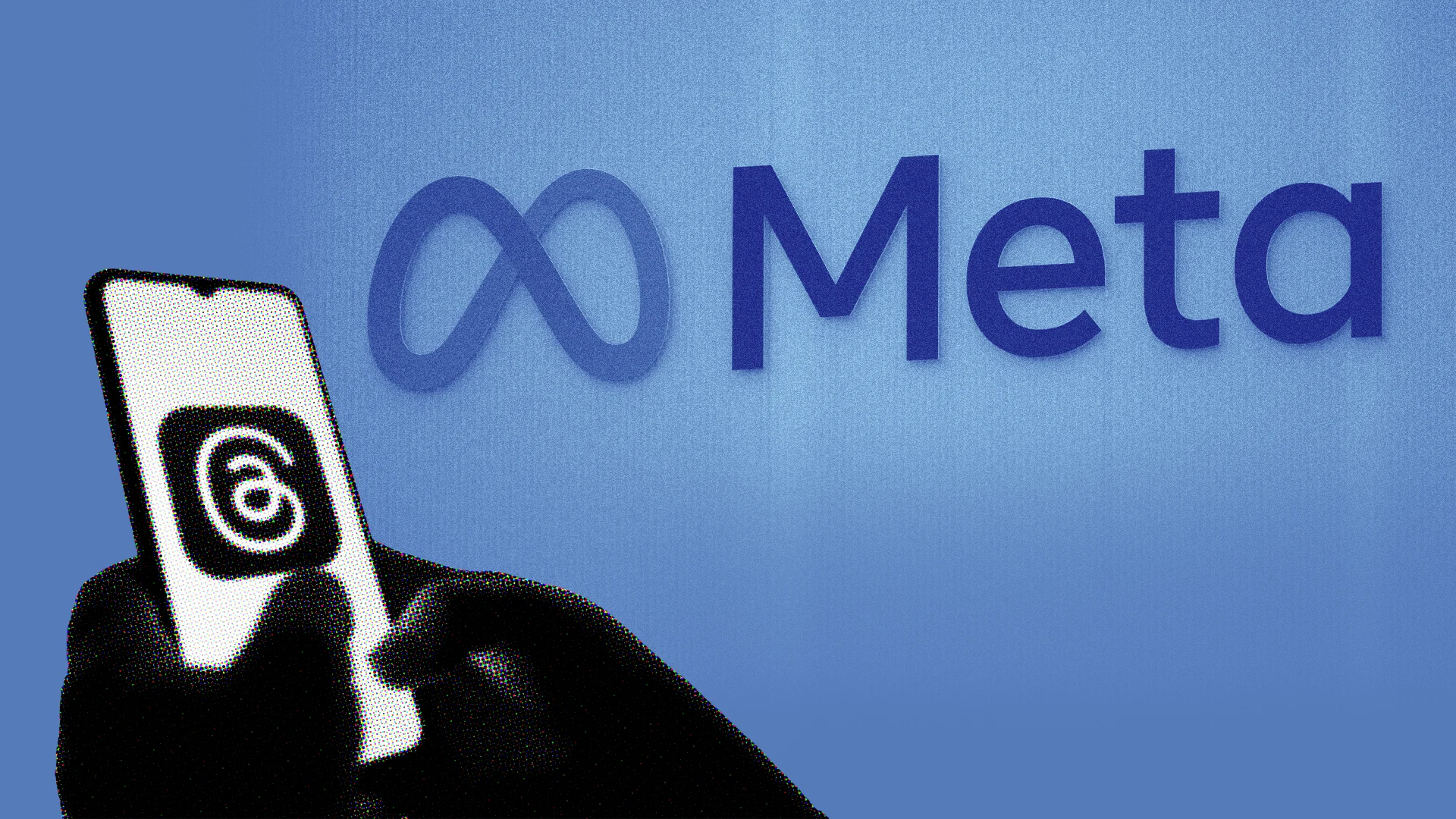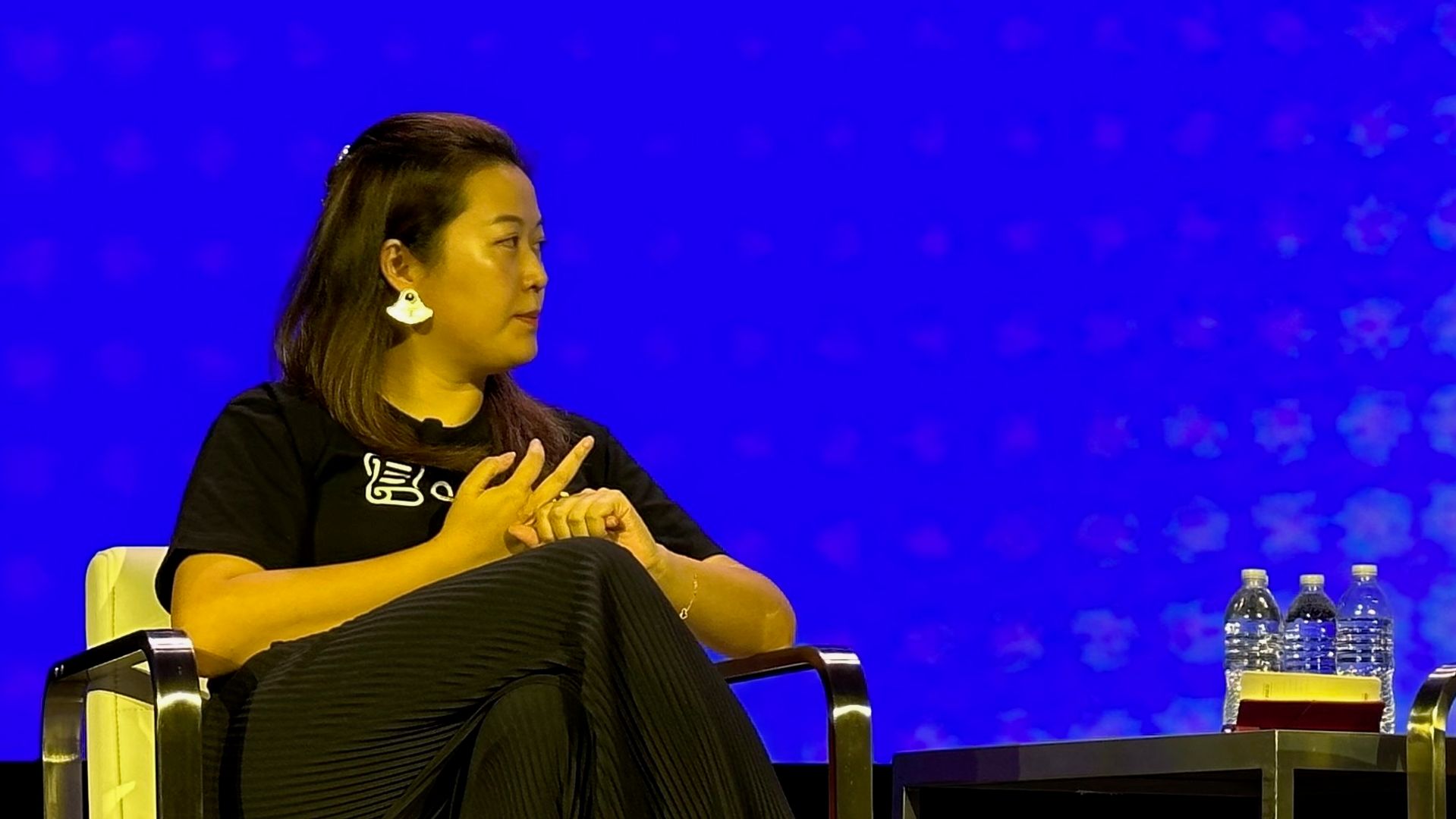Google paid Samsung to preload and integrate Gemini AI on phones
If you’re using an Android phone, you’ve probably noticed that Google’s Gemini AI assistant seems to be popping up everywhere, the same way it’s been popping into Google Search, Docs, YouTube, etc. And this is true even if you aren’t using a Google-branded phone. Turns out, that’s no accident because Google is paying Samsung loads of money to make sure Gemini is front and center on its phones. The information comes from a predictable source: testimony in the ongoing and potentially disastrous Google antitrust case. (No, not that one, the other one. Google has lost two separate antitrust cases brought by the US federal government in the last year.) Bloomberg reports that Google is paying Samsung “an enormous sum of money” to put Gemini on its phones and integrate it into the One UI Android skin, according to Google platform and device partnership VP Peter Fitzgerald. The executive testified that the terms of the deal mean Google pays Samsung for every device that’s preloaded with Gemini and heavily featuring it in the system. Samsung also gets a cut of the advertising revenue generated from Gemini searches and other actions. The contract was set in place for at least two years, though the precise parameters (and how much an “enormous sum” amounts to) aren’t known. It makes sense for Samsung. The company has been pushing its latest Galaxy devices as chock-full of AI capabilities (with a skeptical-at-best response from the technology press), and of course it’s pretty rare for a giant company to turn down dump trucks full of money. And this is a familiar move from Google, who’s known to pay Apple billions every year to keep its search on the iPhone and other devices. Less straightforward transactions—like insisting that phone makers load up their devices with Google services like Docs, Maps, and YouTube in order to keep access to the de facto standard Google Play Store app platform—have gotten the company in regulatory trouble before. Users aren’t exactly thrilled with Gemini. As it fills up Google Search with answers of questionable utility and replaces long-term Google integrations like Google Assistant for smart device management, plenty of people are looking for alternatives. Apropos of nothing, did I tell you I really like the Vivaldi browser? It remains to be seen what’ll happen as a result of the antitrust verdicts. The US Department of Justice wants to force Google to divest itself of the Chrome browser, and the same might happen to Google’s advertising business. Either (or both) would be a crushing blow to the tech giant, possibly knocking it out of its leading category. But it’s far from certain whether these results will come about, and Google will exhaust appeals and every other option to keep them from happening.

If you’re using an Android phone, you’ve probably noticed that Google’s Gemini AI assistant seems to be popping up everywhere, the same way it’s been popping into Google Search, Docs, YouTube, etc. And this is true even if you aren’t using a Google-branded phone. Turns out, that’s no accident because Google is paying Samsung loads of money to make sure Gemini is front and center on its phones.
The information comes from a predictable source: testimony in the ongoing and potentially disastrous Google antitrust case. (No, not that one, the other one. Google has lost two separate antitrust cases brought by the US federal government in the last year.) Bloomberg reports that Google is paying Samsung “an enormous sum of money” to put Gemini on its phones and integrate it into the One UI Android skin, according to Google platform and device partnership VP Peter Fitzgerald.
The executive testified that the terms of the deal mean Google pays Samsung for every device that’s preloaded with Gemini and heavily featuring it in the system. Samsung also gets a cut of the advertising revenue generated from Gemini searches and other actions. The contract was set in place for at least two years, though the precise parameters (and how much an “enormous sum” amounts to) aren’t known.
It makes sense for Samsung. The company has been pushing its latest Galaxy devices as chock-full of AI capabilities (with a skeptical-at-best response from the technology press), and of course it’s pretty rare for a giant company to turn down dump trucks full of money. And this is a familiar move from Google, who’s known to pay Apple billions every year to keep its search on the iPhone and other devices. Less straightforward transactions—like insisting that phone makers load up their devices with Google services like Docs, Maps, and YouTube in order to keep access to the de facto standard Google Play Store app platform—have gotten the company in regulatory trouble before.
Users aren’t exactly thrilled with Gemini. As it fills up Google Search with answers of questionable utility and replaces long-term Google integrations like Google Assistant for smart device management, plenty of people are looking for alternatives. Apropos of nothing, did I tell you I really like the Vivaldi browser?
It remains to be seen what’ll happen as a result of the antitrust verdicts. The US Department of Justice wants to force Google to divest itself of the Chrome browser, and the same might happen to Google’s advertising business. Either (or both) would be a crushing blow to the tech giant, possibly knocking it out of its leading category. But it’s far from certain whether these results will come about, and Google will exhaust appeals and every other option to keep them from happening.














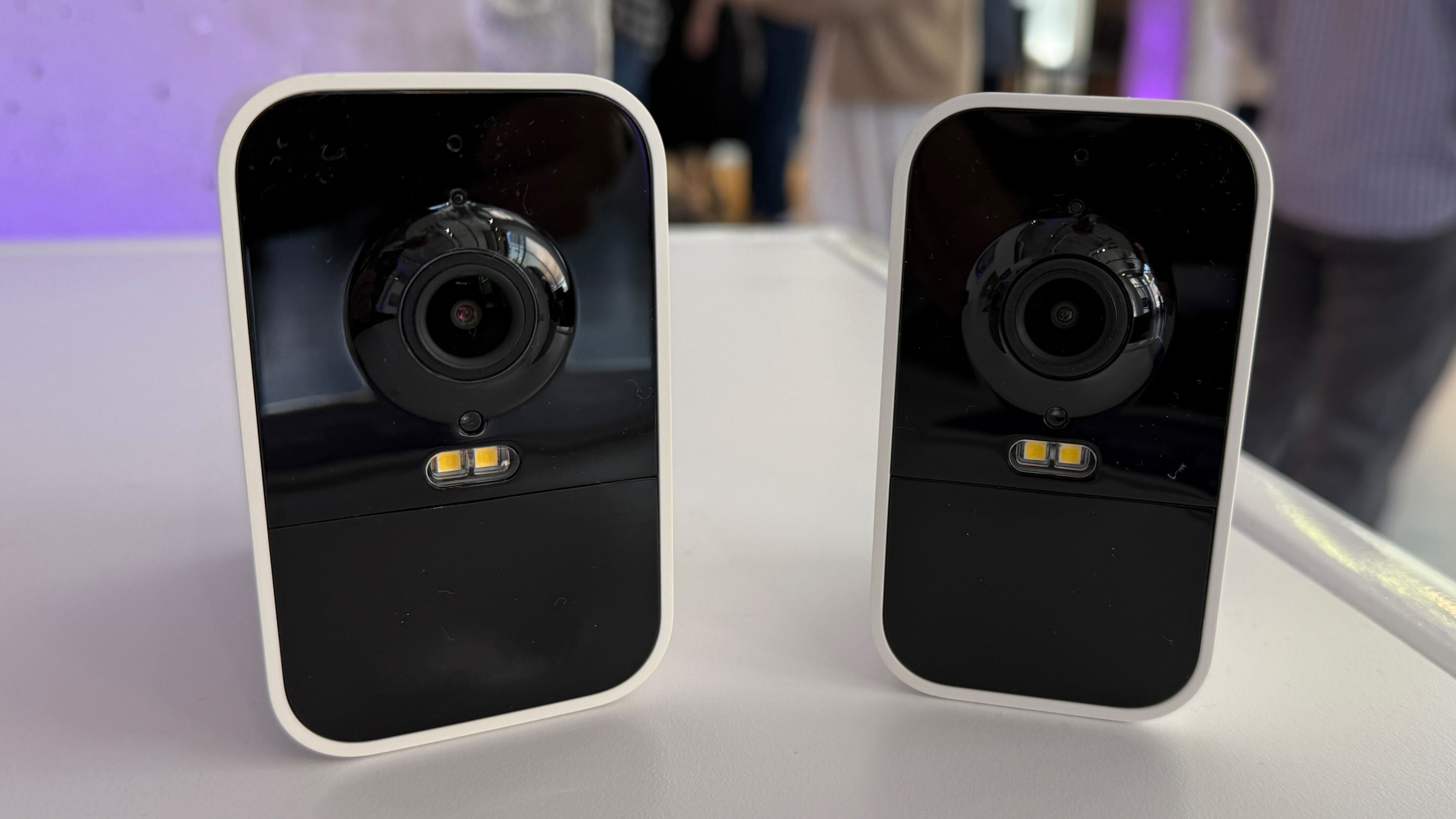
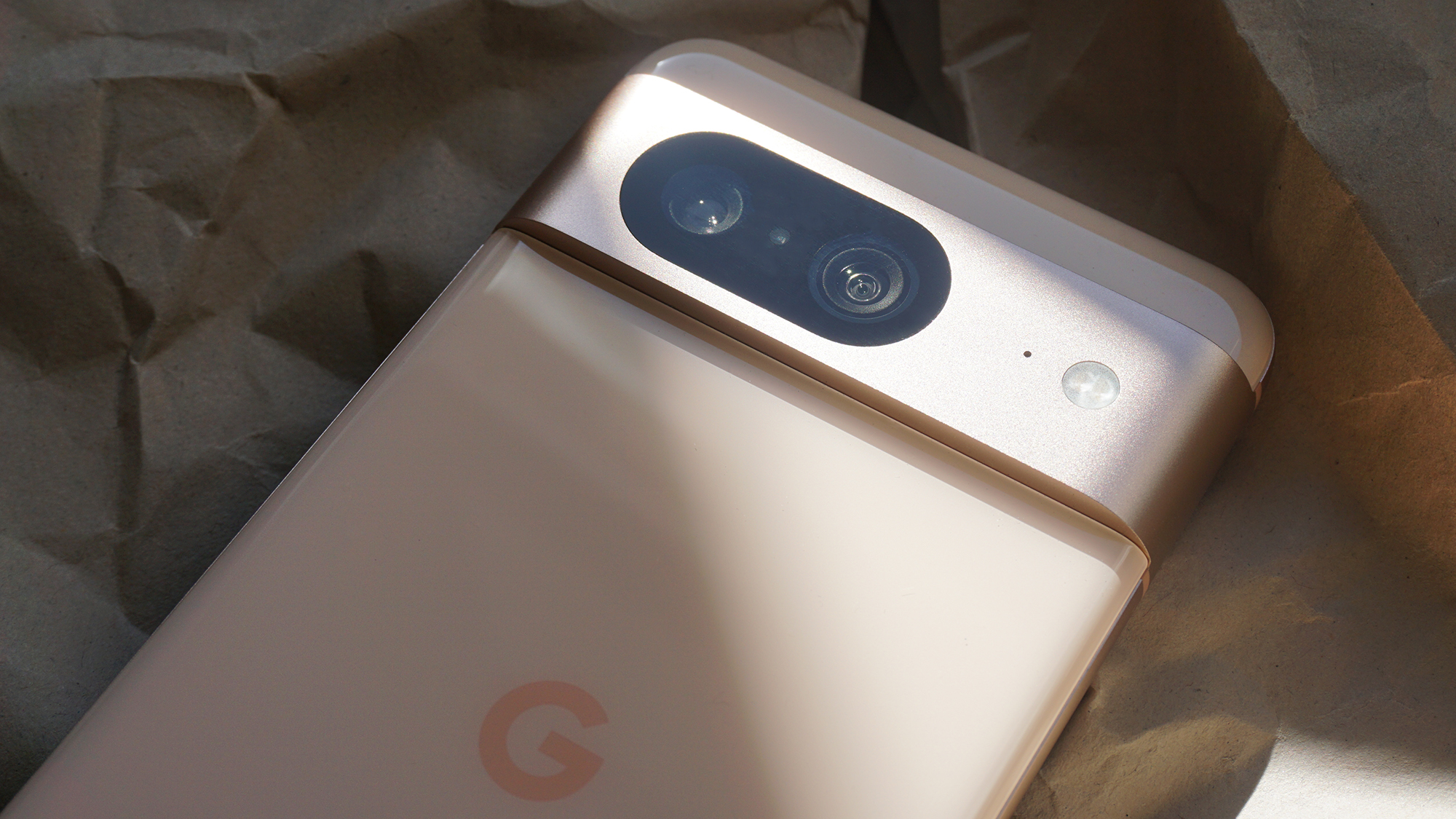


























































































































































![[The AI Show Episode 144]: ChatGPT’s New Memory, Shopify CEO’s Leaked “AI First” Memo, Google Cloud Next Releases, o3 and o4-mini Coming Soon & Llama 4’s Rocky Launch](https://www.marketingaiinstitute.com/hubfs/ep%20144%20cover.png)

























































































































































![Is This Programming Paradigm New? [closed]](https://miro.medium.com/v2/resize:fit:1200/format:webp/1*nKR2930riHA4VC7dLwIuxA.gif)
























































































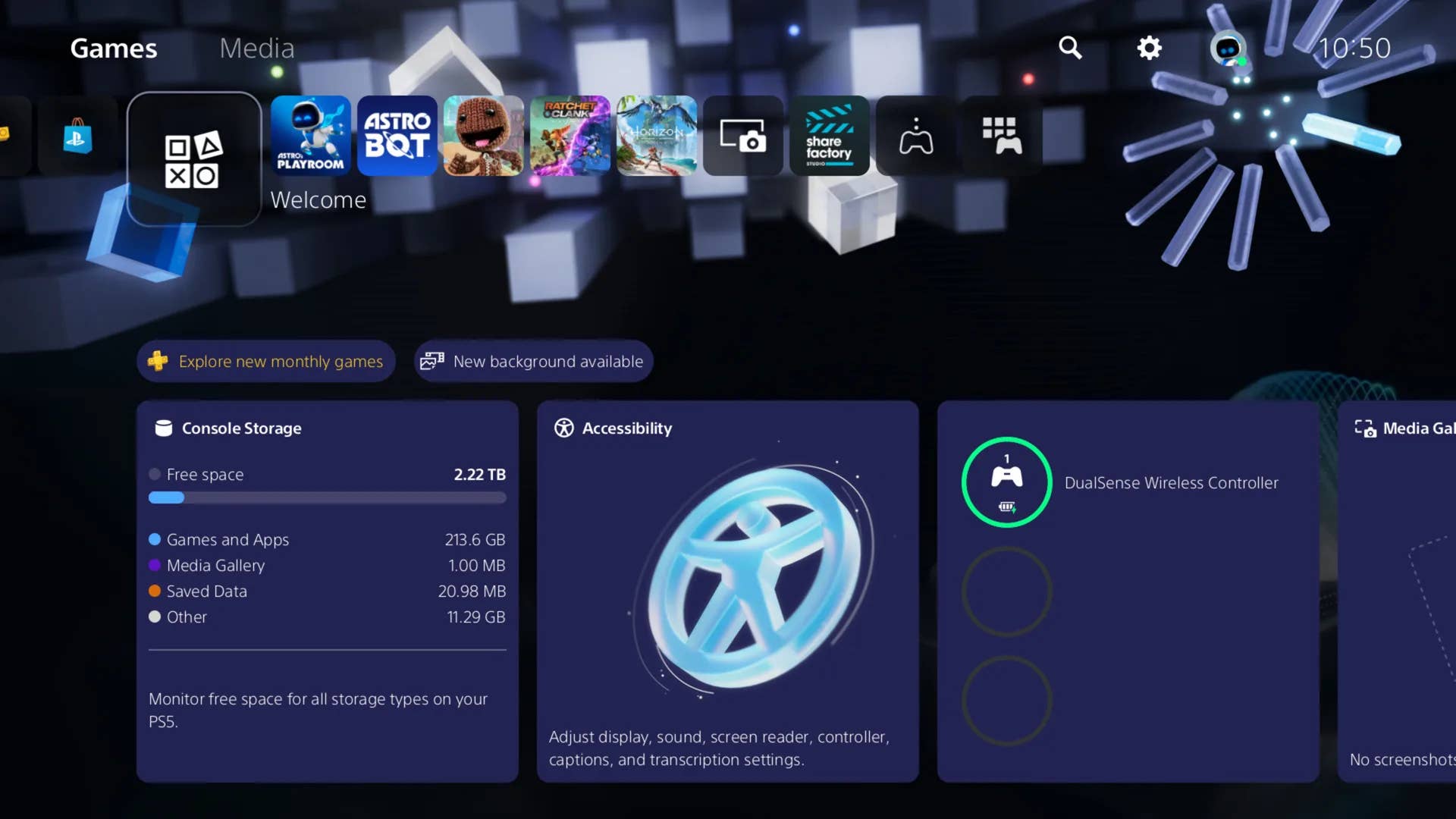
-Classic-Nintendo-GameCube-games-are-coming-to-Nintendo-Switch-2!-00-00-13.png?width=1920&height=1920&fit=bounds&quality=70&format=jpg&auto=webp#)













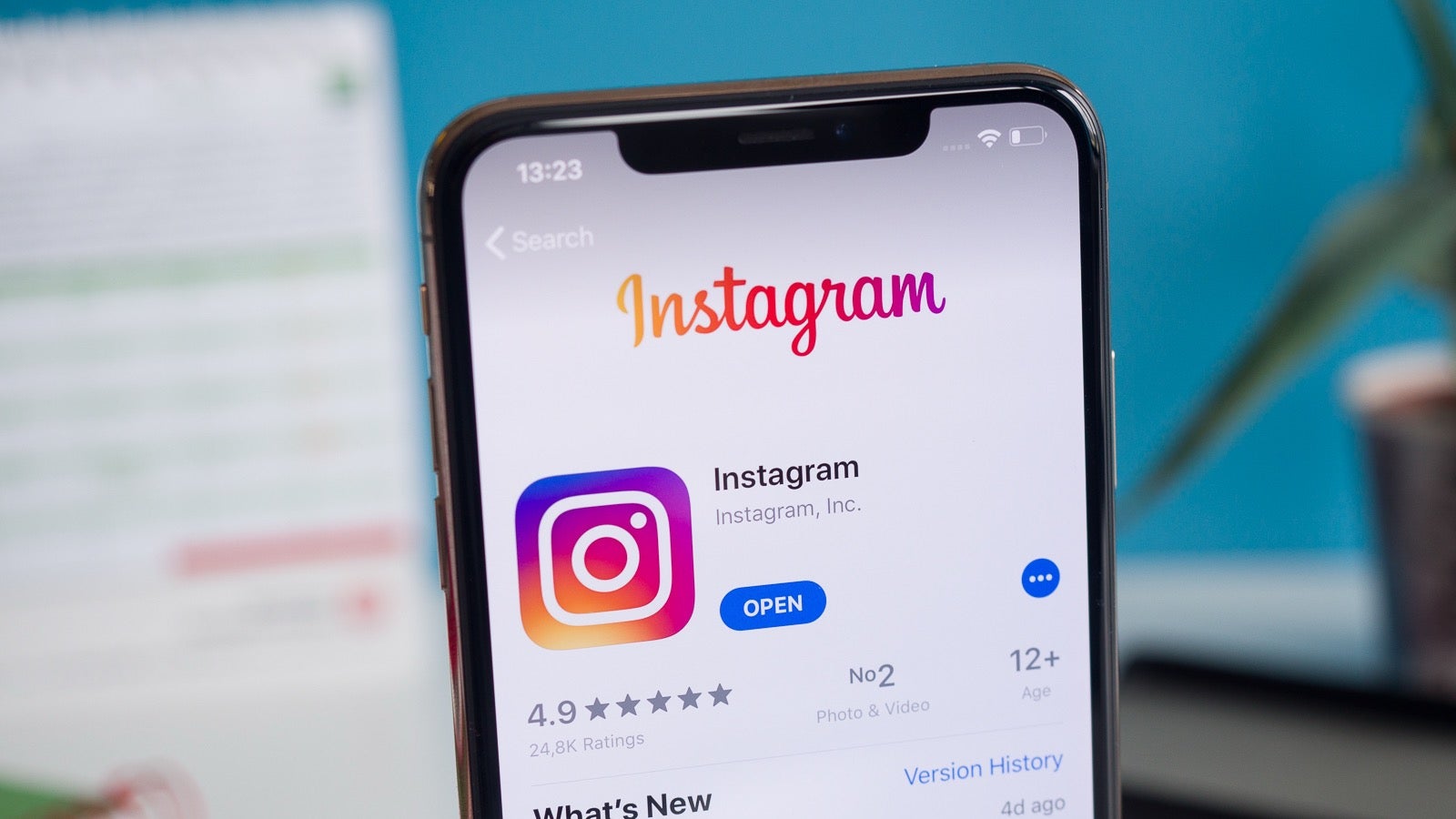

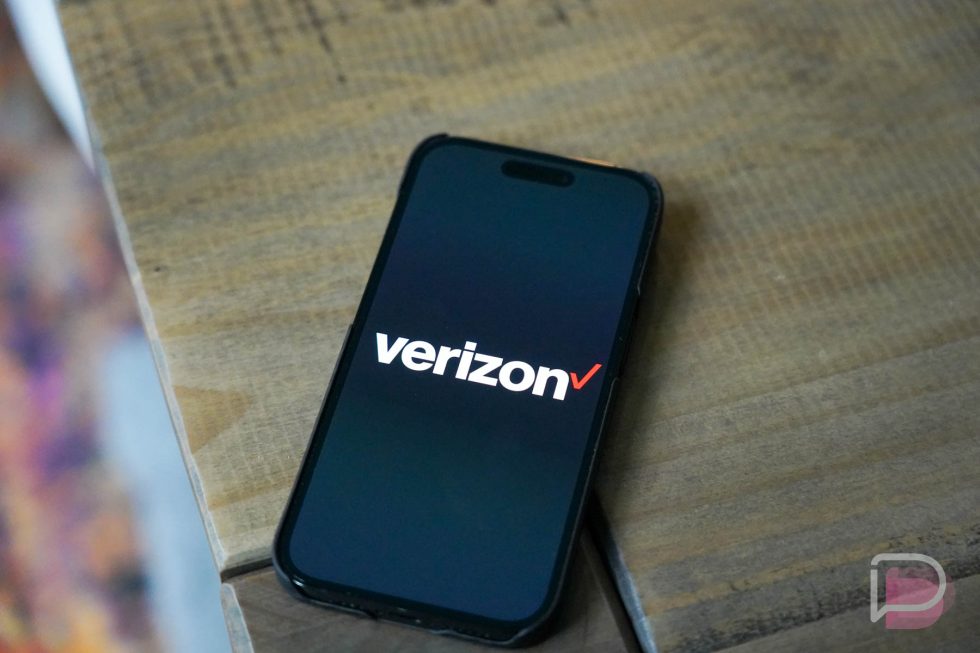






































































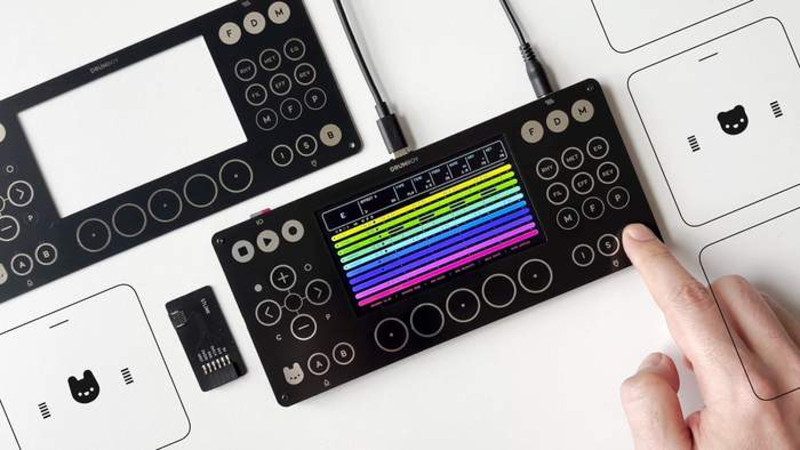


























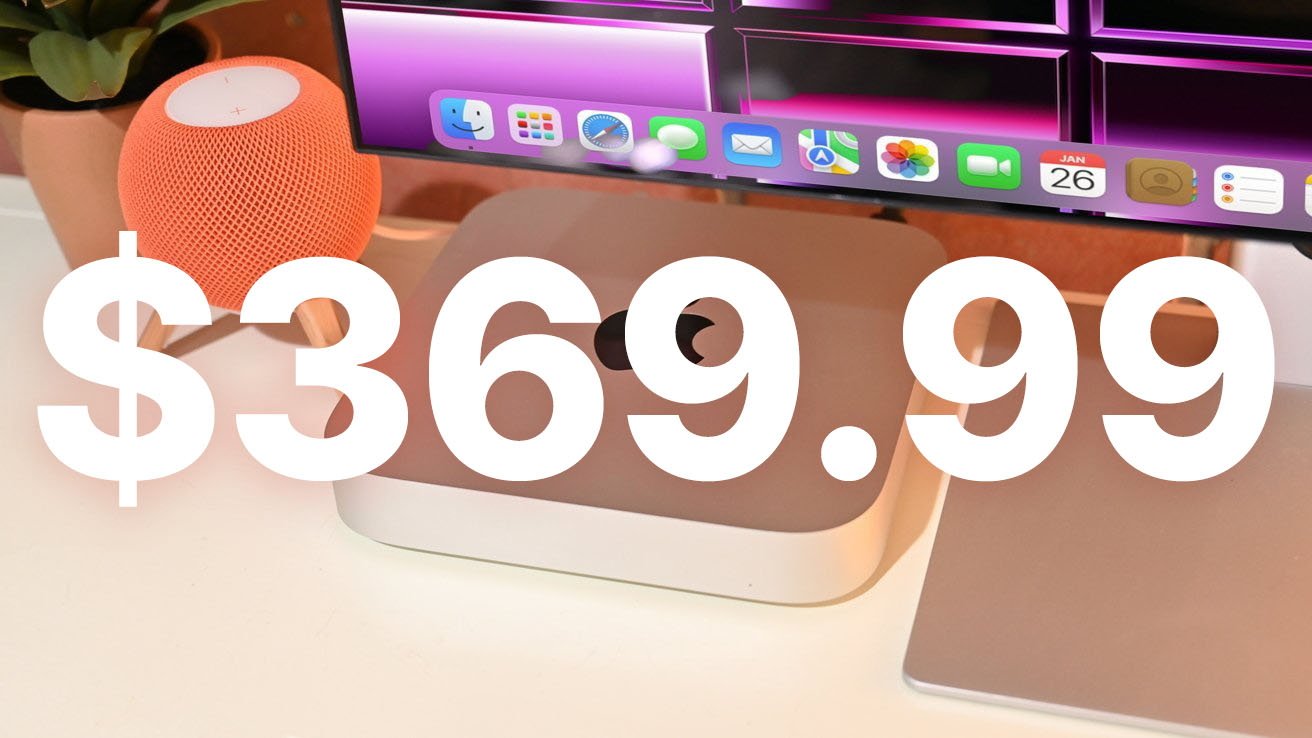
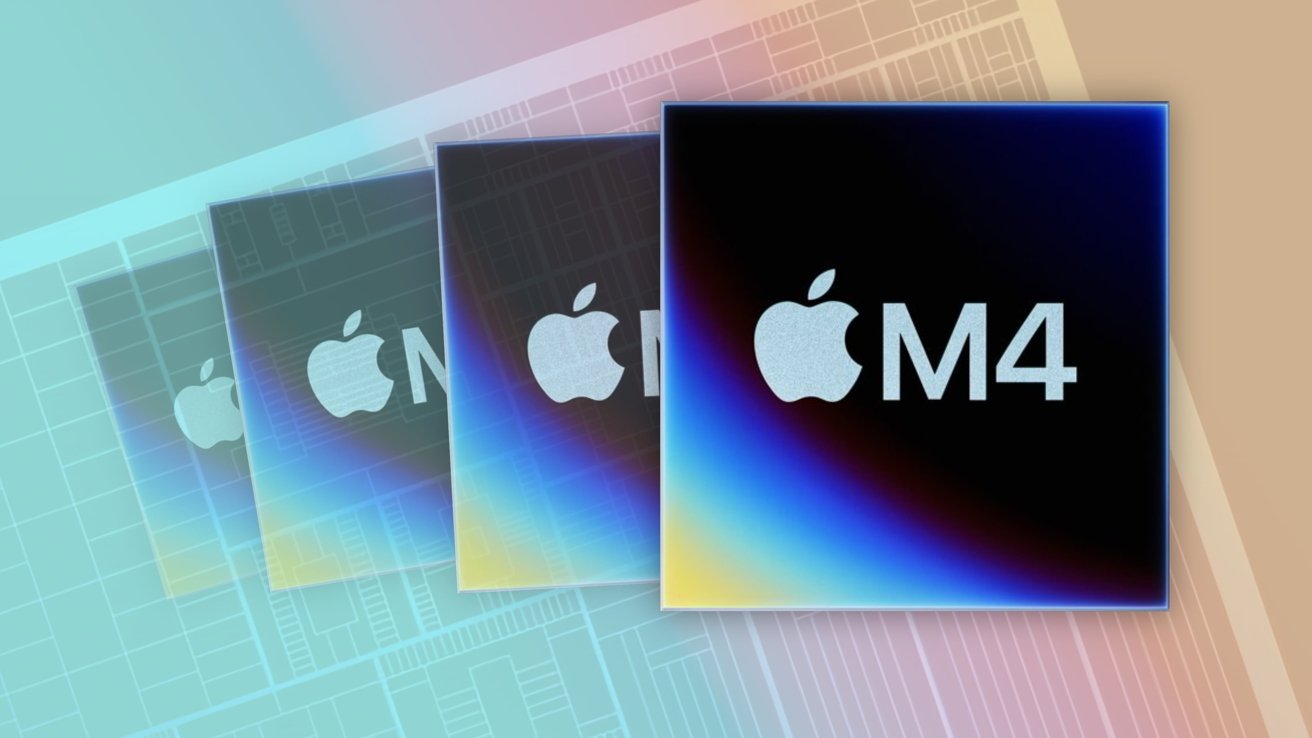
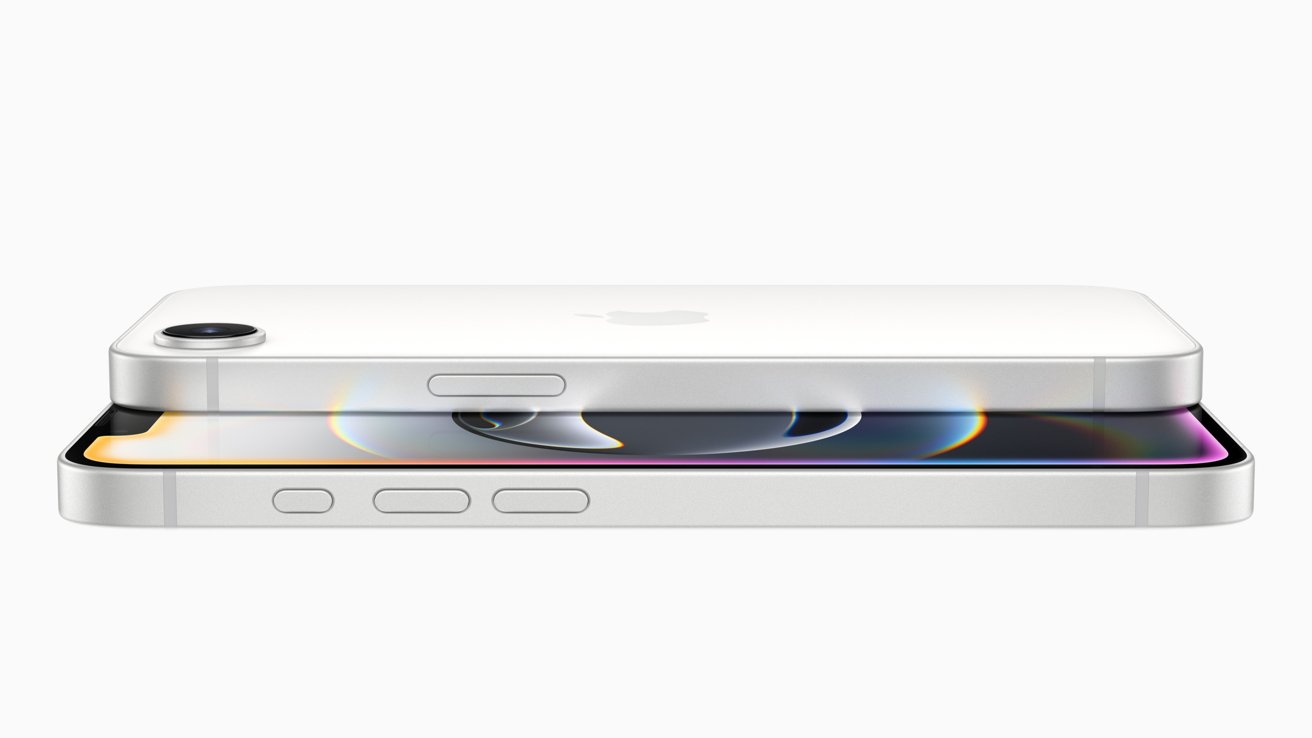
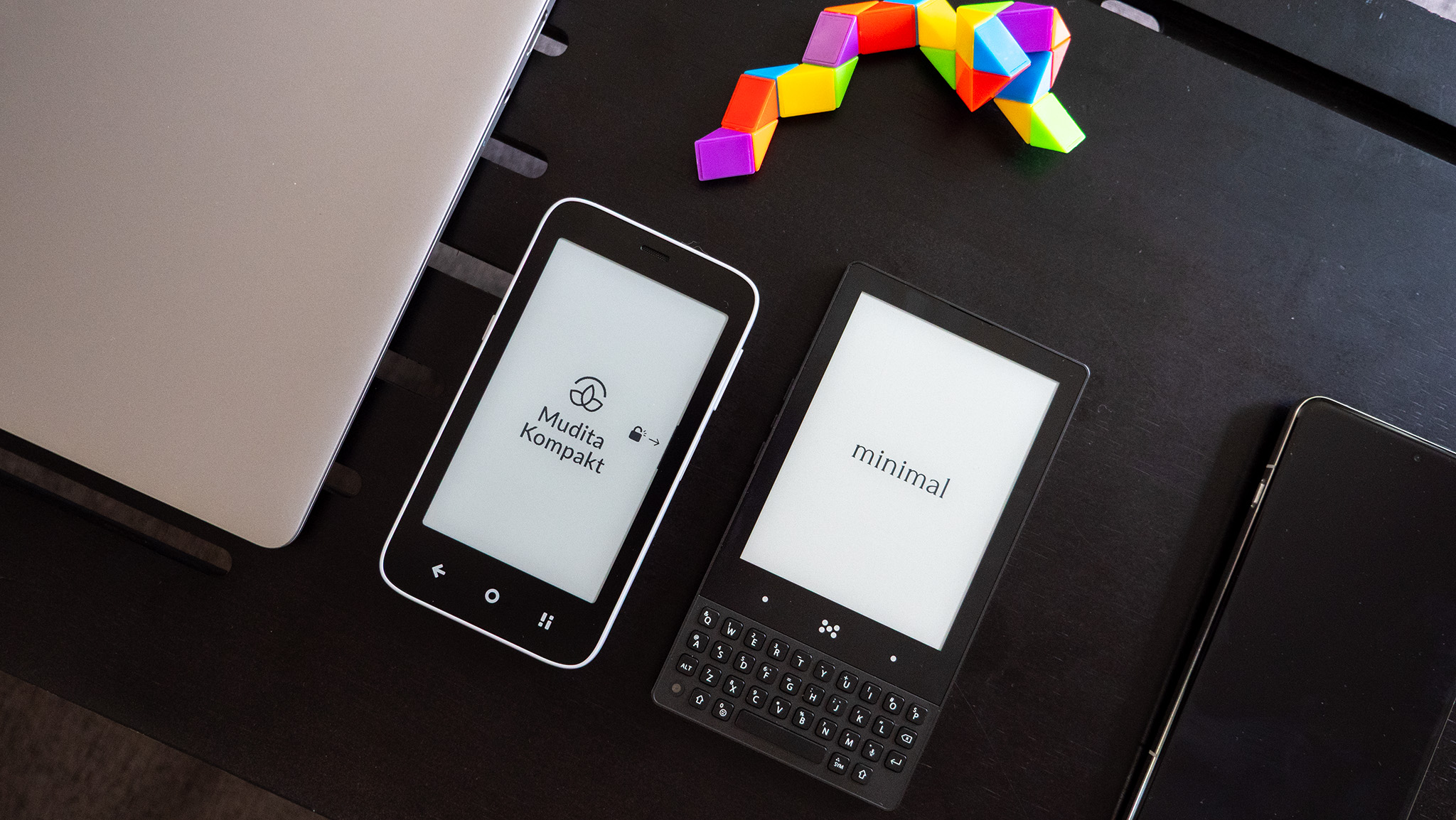
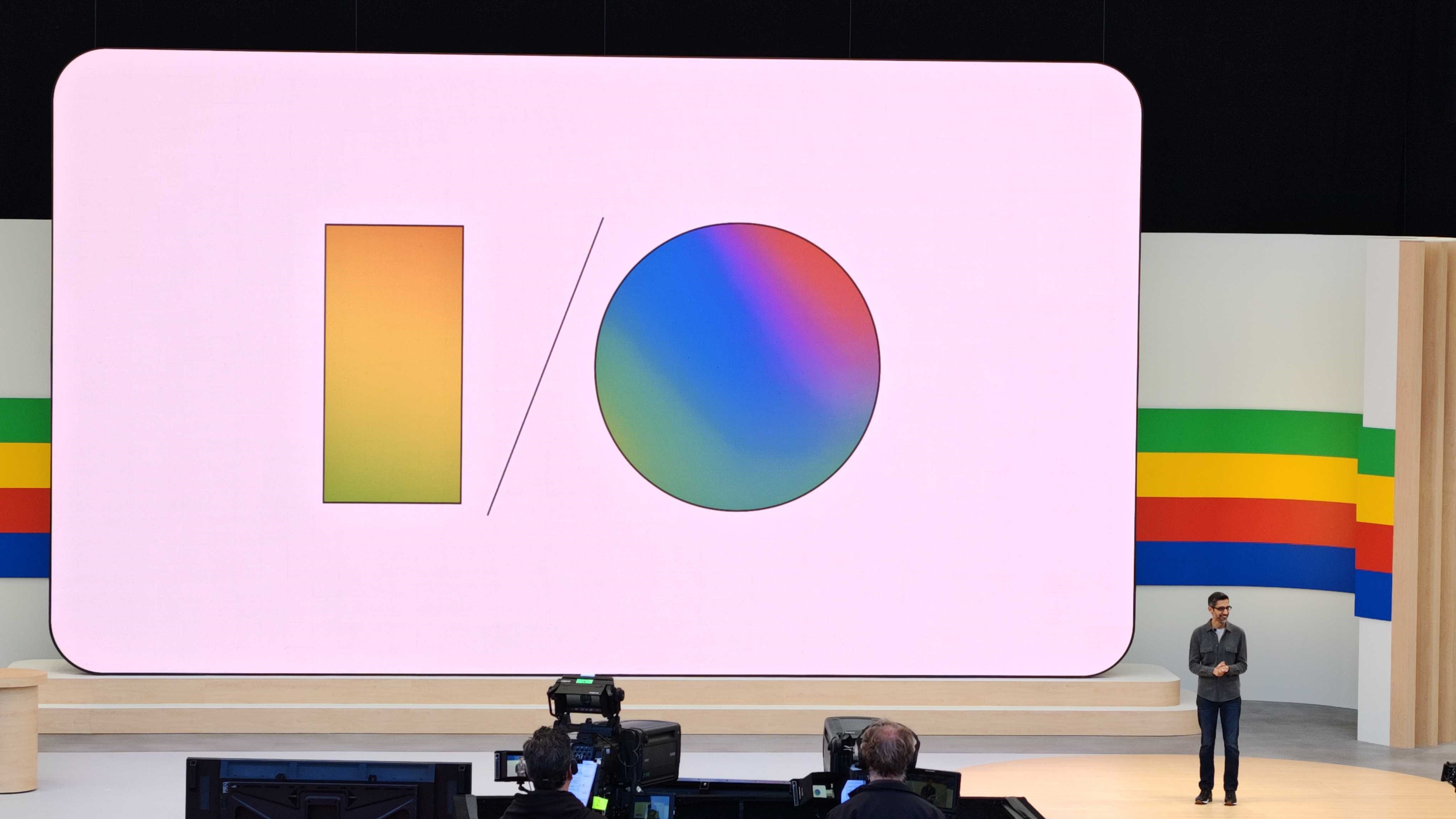


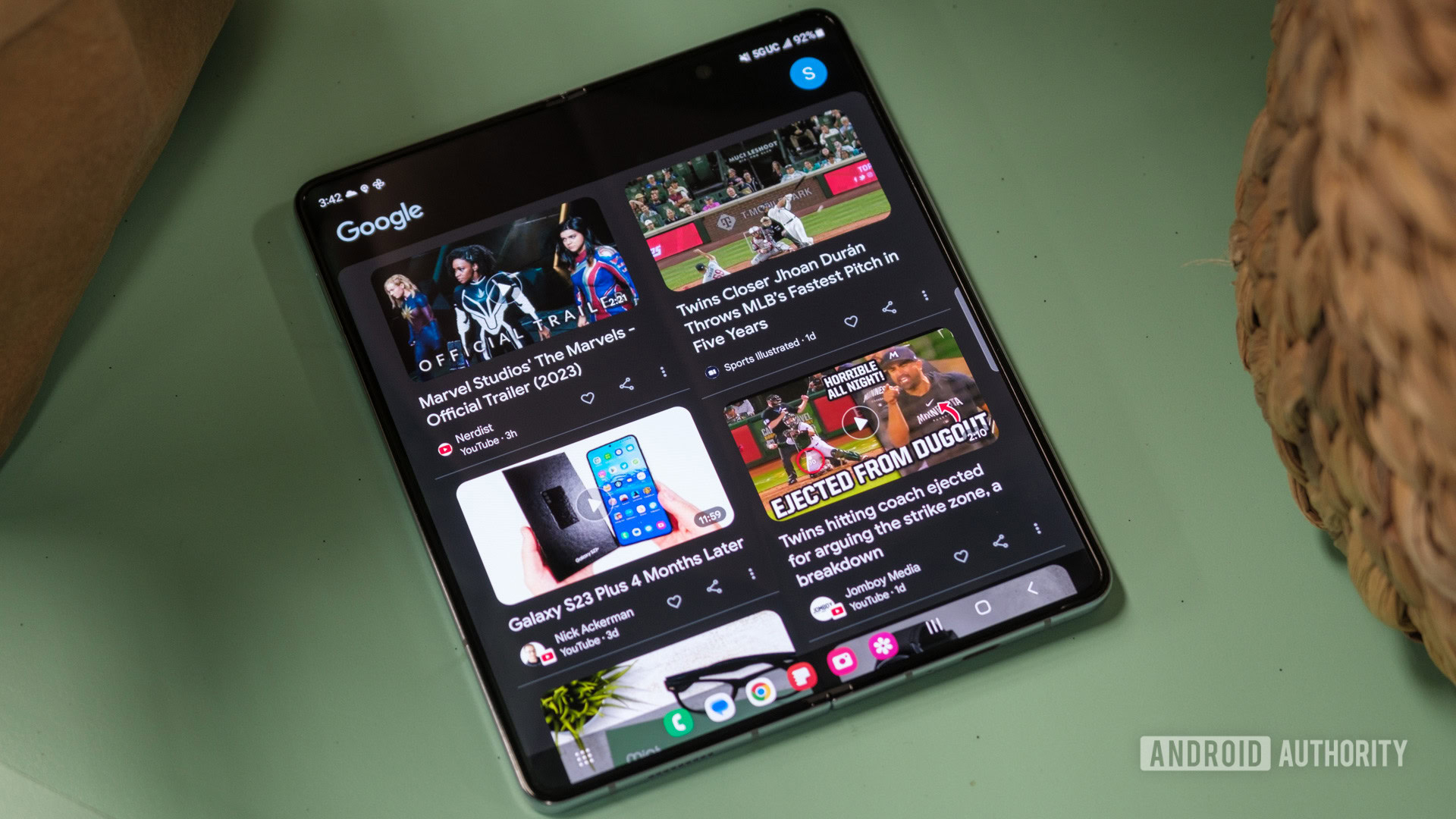


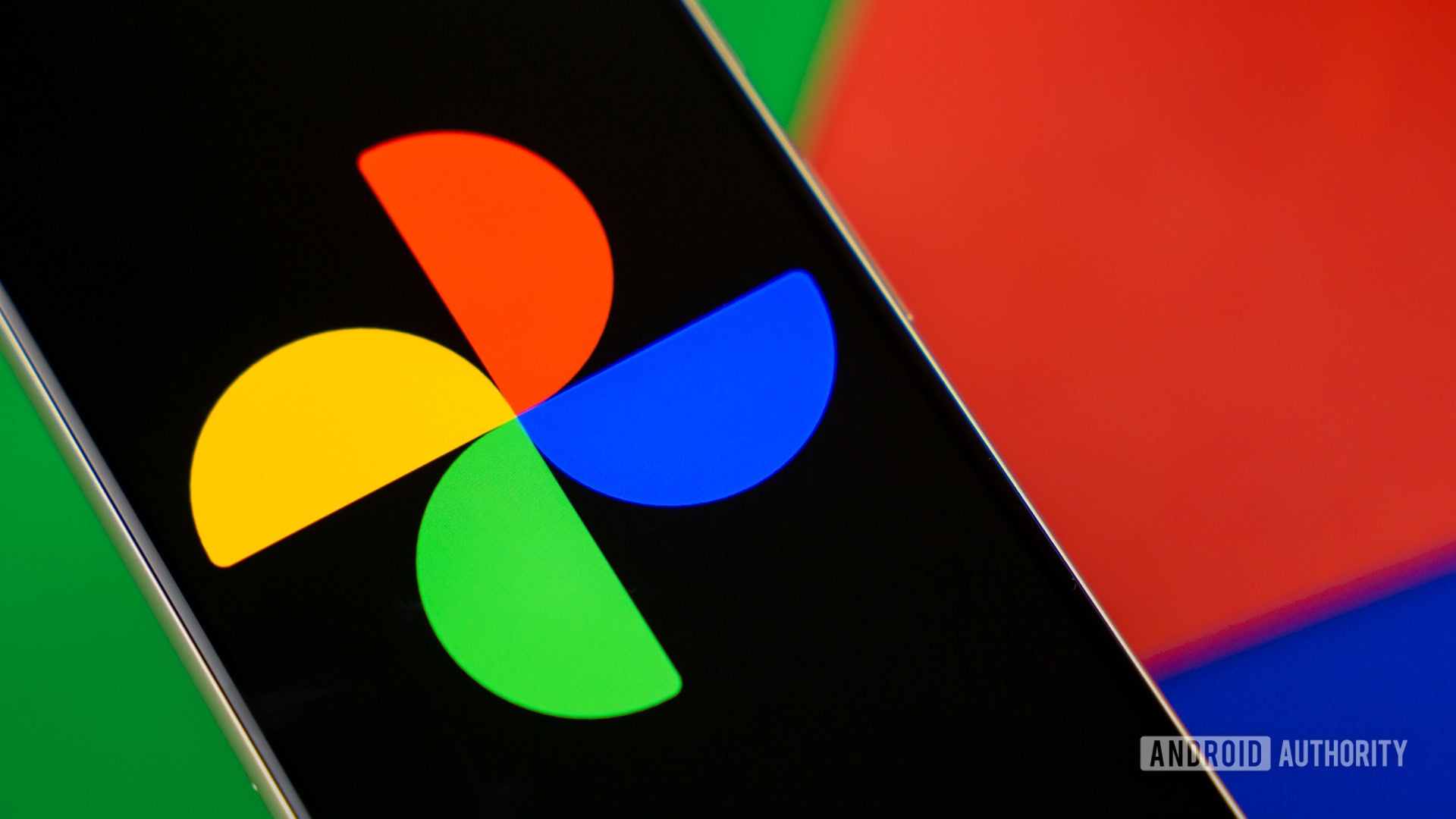



















![New iPhone 17 Dummy Models Surface in Black and White [Images]](https://www.iclarified.com/images/news/97106/97106/97106-640.jpg)


![Hands-On With 'iPhone 17 Air' Dummy Reveals 'Scary Thin' Design [Video]](https://www.iclarified.com/images/news/97100/97100/97100-640.jpg)























